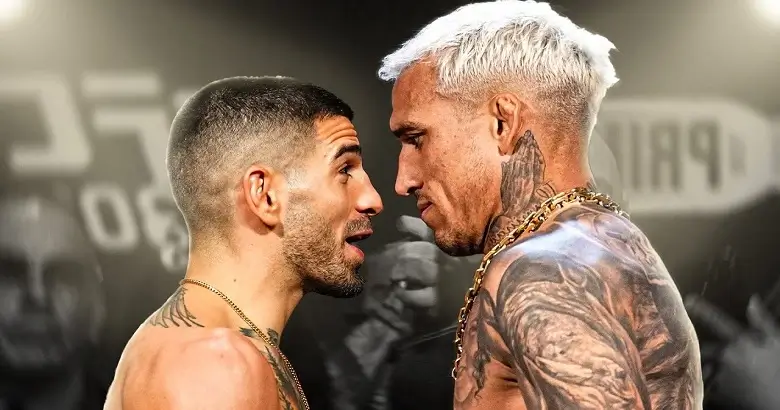The hit Netflix series Adolescence has triggered widespread discussion and growing concern among UK parents, educators, and policymakers over the increasing exposure of young people to harmful online content. The four-part crime drama tells the unsettling story of Jamie, a seemingly ordinary 13-year-old boy whose world is turned upside down when armed police storm his family home and arrest him in a dawn raid. As the gripping narrative unfolds, one question looms over the series: could this angelic-looking child really be responsible for such a brutal crime?
A Show That Hits Close to Home
Released on March 13, Adolescence quickly became Netflix’s most-watched show of the week, amassing an astonishing 24.3 million views within four days. With Hollywood A-lister Brad Pitt serving as an executive producer, the series has captivated audiences across the UK and beyond. However, it has also left parents deeply unsettled, as its themes resonate with real-life issues affecting teenagers today—rising youth violence, social media radicalization, and the spread of misogynistic ideologies online.
British Prime Minister Keir Starmer even acknowledged watching the series with his children, reinforcing how relevant its themes are to modern society.
For parents like Isabelle, a mother of two teenage daughters from Glasgow, the show has been a wake-up call. She admitted feeling alarmed by how little insight adults have into the digital world their children inhabit. “You don’t know what’s going on in their social media spaces, and that’s terrifying. If your child gets sucked into it, how do you even pull them back?” she said.
A Reflection of Troubling Trends
The popularity of Adolescence comes at a time when the UK is grappling with increasing reports of knife crimes committed by teenagers and a worrying rise in misogynistic ideologies fueled by social media influencers like Andrew Tate. The show delves into the dark corners of “incel” culture—communities of young men who feel socially rejected and, in many cases, develop deep resentment toward women.
Experts warn that such online subcultures are shaping the attitudes and behaviors of young boys, sometimes leading to real-world consequences. The British media has responded to the show with urgency, with headlines like “Is Your Son a Teenage Timebomb?” appearing in national newspapers. Parents are being advised to watch for warning signs, including excessive time spent alone, social media obsession, and sudden changes in behavior.
Industry and Experts Call for Action
The creators of Adolescence have expressed shock at the overwhelming response to the series. Stephen Graham, the show’s creator and lead actor, revealed that he was inspired to write the story after hearing about real-life cases of young men committing violent crimes. “It really hurt my heart. I couldn’t stop thinking—how did we get here as a society?” he said.
Co-writer Jack Thorne shared that their research took them into “the darkest corners of the internet,” where harmful ideologies are readily accessible to impressionable teenagers. “It’s too easy for kids to be exposed to this content. We need stronger measures to stop this kind of online pollution,” he warned, calling on the government to take action.
Michael Conroy, founder of Men at Work, a UK-based initiative helping teachers and social workers engage with young men, praised the show for sparking difficult but necessary conversations. However, he cautioned against approaching these discussions with judgment, stating: “If we make young men feel attacked, they won’t listen. We need to understand their world before we can guide them out of it.”
Andy Burrows, director of the Molly Rose Foundation, echoed these sentiments. His organization was founded in response to the tragic death of 14-year-old Molly Russell, who took her own life in 2017 after consuming harmful online content. He stressed the urgent need for stronger regulations, stating: “This show is a wake-up call. We cannot allow young boys to be bombarded with harmful content without intervention.”
A Crucial Moment for Awareness and Change
As Adolescence continues to dominate discussions across the UK, it serves as more than just entertainment—it is a stark reminder of the challenges facing today’s youth. The show has forced parents, educators, and policymakers to confront difficult questions about social media, youth crime, and the digital influences shaping the next generation.
While the series has undoubtedly struck a chord, the bigger question remains: will it lead to real change in how society protects its young people?











